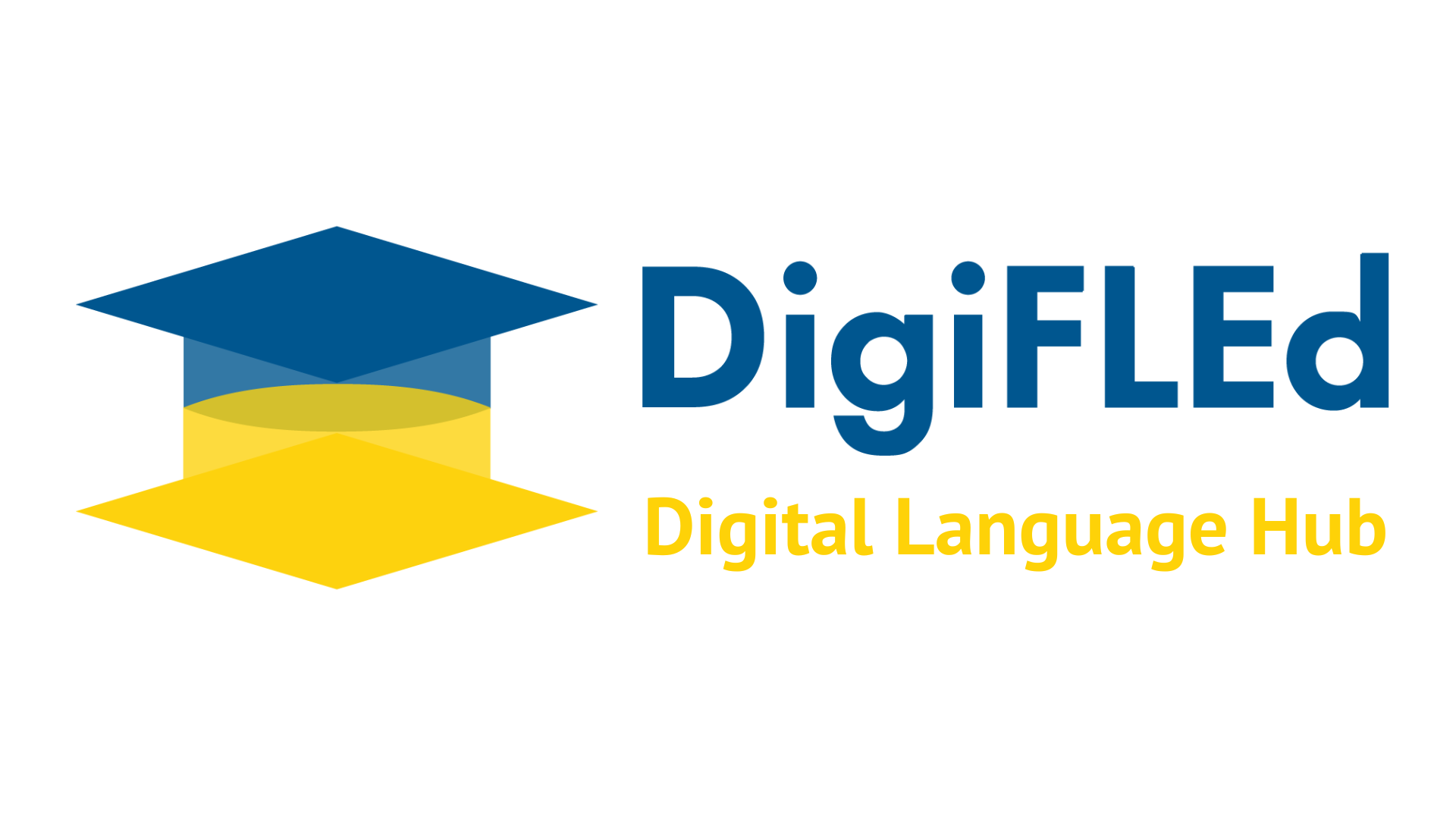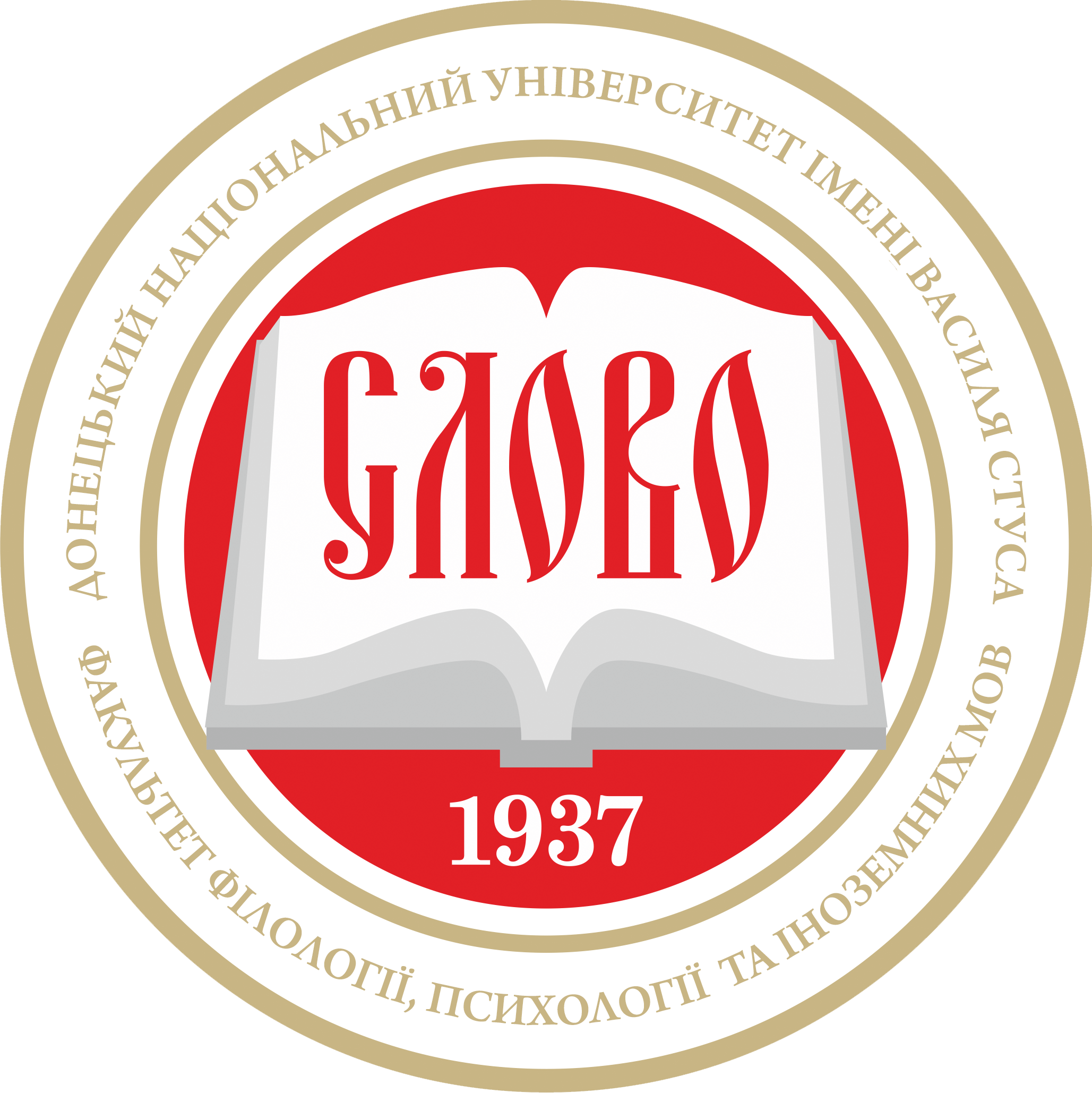

For Teachers and Researchers
Welcome to the For Teachers and Researchers section of the Digital Language Hub! Here you will find a variety of resources designed to support your academic and professional growth. Whether you’re looking for official guidelines, staying updated with the latest research, or exploring funding opportunities, this section provides the tools and resources you need to succeed in your academic career.
Official Guidelines for Teachers and Researchers
As an educator or researcher, it’s important to stay informed about the latest institutional and governmental guidelines that shape the academic and research landscape. Here are some essential resources for teachers and researchers:
-
University Guidelines and Policies:
Access official documents outlining the university’s academic policies, teaching standards, and research ethics. These documents provide essential information on academic integrity, evaluation procedures, and institutional responsibilities.
What you’ll find:-
Code of Ethics for Research and Teaching
-
Academic Integrity Policy
-
Teaching and Assessment Standards
-
Research Data Management Guidelines
Tip: Make sure to review the university’s policies regularly to stay up-to-date with any changes.
-
-
International and National Research Guidelines:
Familiarize yourself with best practices and guidelines for conducting research from leading academic and funding organizations. This includes guidelines for research ethics, open access publishing, and data sharing.
Useful Resources:-
The European Commission Research Guidelines
-
UNESCO’s Recommendations on Research Ethics
-
National Academies of Sciences and Engineering Research Guidelines
Tip: Consult these resources for proper research methodology, ethics, and publishing standards in your field.
-
Research Papers and Academic Resources
- Bates, A. W. (2022). Teaching in a digital age: Guidelines for designing teaching and learning (3rd ed.). Tony Bates Associates Ltd. URL: https://surl.li/ixktcl
- Deris, F., & Shukor N. (2019) Vocabulary learning through mobile apps. A phenomenological inquiry of student acceptance and desired apps features. International Journal of Interactive Mobile Technologies, 13(7), 129-140. https://doi.org/10.3991/ijim.v13i07.10845
- Dusti D. Howell, Deanne K. Howell (2003). Digital storytelling : creating an estory. Worthington, Ohio : Linworth Pub. 123 p.
- Frıgınal, E., Dye, P., & Nolen, M. (2020). Corpus-based approaches in language teaching: Outcomes, observations, and teacher perspectives. Bogazici University Journal of Education, 37(1), 43-68. https://dergipark.org.tr/en/download/article-file/1177080
- Goggin, G. (2021) Apps: From Mobile Phones to Digital Lives https://books.google.com.ua/books?hl=uk&lr=&id=0ZgvEAAAQBAJ&oi=fnd&pg=PA1882&dq=Mobile+apps+as+tools+for+media+production+&ots=moInjO10CG&sig=d0q6-JvxNDMZgGgyelRApPmfw1M&redir_esc=y#v=onepage&q&f=false
- Hernandez, M. (2024). Storytelling With Purpose Digital Projects to Ignite Student Curiosity https://books.google.com.ua/books?hl=uk&lr=&id=UlPqEAAAQBAJ&oi=fnd&pg=PP1&dq=storytelling+education+books&ots=ujlZKKsYig&sig=UFZjfkScqFa_7QWylSO3-qH6kTw&redir_esc=y#v=onepage&q=storytelling%20education%20books&f=false
- Jolls, T., Wilson, C. The Core Concepts: Fundamental to Media Literacy Yesterday, Today and Tomorrow. Journal of Media Literacy Education 6(2), 68-78. 2014. https://digitalcommons.uri.edu/cgi/viewcontent.cgi?article=1156&context=jmle
- Lorie Sousa (2021). Online Teaching Toolbox: Best Practices, Strategies, and Activities for Effective Online Teaching Paperback. Digital Services LLC – KDP Print US. 82 p.
- McHugh, S. (2022). The power of podcasting: telling stories through sound. New York: Columbia University Press.
- Nguyen, T.T.T. (2024). Using Flipgrid Videos to Enhance Speaking and Presenting in English for Non-Native Learners. International Journal of Engineering Pedagogy (iJEP), 14(2), pp. 100–111 https://doi.org/10.3991/ijep.v14i2.43813
- Nuzum, E. (2019). A creator’s guide to podcasting and digital storytelling. New York: Workman Publishing.
- OECD (2023), Shaping Digital Education: Enabling Factors for Quality, Equity and Efficiency, OECD Publishing, Paris, https://doi.org/10.1787/bac4dc9f-en .
- Ohler Jason (2008). Digital storytelling in the classroom : new media pathways to literacy, learning, and creativity. Thousand Oaks, CA : Corwin Press. 228 p.
- Potter, W.J. (2021). Media Literacy. 10th edition. SAGE Publishing, 504 p.
- Rubery, M. The Routledge Companion to Literary Media. Chapter: Podcasts, Audiobooks and Podiobooks. 1st Edition. Routledge, 2023, 11 p.
- Privitera, A.G., Fontana, F. & Geronazzo, M. (2024). The Role of Audio in Immersive Storytelling: a Systematic Review in Cultural Heritage. Multimed. Tools Appl. https://doi.org/10.1007/s11042-024-19288-4
- Sharma, R., Singh, A. (2023). Use of Digital Technology in Improving Quality Education: A Global Perspectives and Trends. URL: https://surl.li/ysqaiy
- Sol. T. Correa (2024). Effective Teaching Techniques for Digital Learning: Maximize Student Engagement: Proven Strategies for Successful Virtual Teaching. Independently published. 396 p.
- Steinke, A., & Belair-Gagnon, V. (2019, February 25). Mobile Applications and Journalistic Work. Oxford Research Encyclopedia of Communication. Retrieved 24 Dec. 2024, from https://oxfordre.com/communication/view/10.1093/acrefore/9780190228613.001.0001/acrefore-9780190228613-e-785
- Taylor C., Hinchman, T. (2020) Strategies for Using Flipgrid in the Education. US-China Education Review B, January 2020, Vol. 10, No. 1, 26-31
- Taylor, M., Fudge A., Mirriahi N., Maart de Laat (2021). Use of digital technology in education: Literature review. URL: https://surl.li/cyrjmi
- Thomas, J. E. Discovering English with Sketch Engine (Vol. 50). Versatile, 2016. https://is.muni.cz/el/1421/jaro2015/UZAJ2011/DESKE_Top_level_queries.pdf
- Witteveen, L., Lie, R. (2019). Visual Communication and Social Change. In: Servaes, J. (eds) Handbook of Communication for Development and Social Change. Springer, Singapore. https://doi.org/10.1007/978-981-10-7035-8_55-1
- Davaj Zajmemosia Tekstom. A mobile app that makes you fall in love with the language. URL: https://www.tekstom.com/application
- National Platform for Learning Ukrainian Language of the Ministry of Culture and Information Policy of Ukraine. URL: https://speakukraine.net/
- Ukrainian Lessons Podcast. URL: https://www.ukrainianlessons.com/thepodcast/
- Promova. Study the language your way. URL: https://promova.com/
- Simply Learn Ukrainian. URL: https://play.google.com/store/apps/details?id=simply.learn.ukrainian&hl=en_US
- SpeakEasy Ukrainian Phrasebook. URL: https://apps.apple.com/us/app/speakeasy-ukrainian-phrasebook/id447433172
- Ukrainian Language. YouTube Channels. URL: https://www.youtube.com/c/UkrainianLanguageIrynaIsaac/videos
- PEARLTREES. URL: https://www.pearltrees.com/
- VocabProfile. URL: https://www.lextutor.ca/vp/eng/
- EAP Foundation Vocabulary Profiler. URL: https://www.eapfoundation.com/vocab/profiler/
- Text Inspector. URL: https://textinspector.com/
- Screenpal. URL: https://screenpal.com/
- Revisely. URL: https://www.revisely.com/
- Zotero. URL: https://www.zotero.org/
- Free AI Paragraph Generator. URL: https://ahrefs.com/writing-tools/paragraph-generator
- AWL. URL: https://www.eapfoundation.com/vocab/academic/awllists/
- Originality.AI Readability Checker. URL: https://originality.ai/readability-checker
- Magic School AI. URL: https://www.magicschool.ai/
- ProWritingAid. URL: https://prowritingaid.com
Funding Opportunities and Grants for Research
Securing funding for research projects is a vital part of academic work. This section offers valuable information about available grants and funding opportunities for teachers and researchers.
-
Research Grants for Academics:
Various national and international organizations provide grants for academic research. Here are some key funding bodies:-
Horizon Europe: The European Union’s main funding program for research and innovation.
-
National Science Foundation (NSF): Provides funding for research in fields including science, engineering, and education.
-
The Wellcome Trust: Offers funding for medical research and health-related studies.
How to Find Funding: -
Regularly check the Horizon Europe Funding Portal for new calls for proposals.
-
Subscribe to newsletters of key funding bodies to receive updates on new funding opportunities.
-
-
University-Specific Research Funding:
Many universities, including Donetsk National University, offer internal funding opportunities for researchers. These could be in the form of research scholarships, travel grants, or seed funding for research projects.
Tip: Contact your university’s research office for detailed information on available funding programs and application procedures.
Example: DNU Internal Research Grants -
Funding Databases:
Platforms like GrantForward, ResearchProfessional, and Pivot provide searchable databases of research funding opportunities across various disciplines.
How it helps:-
Search for research funding by category, keyword, or location
-
Access detailed information about eligibility and application procedures
Tip: Set up email alerts for new funding opportunities related to your research field.
Tutorial: How to Search for Funding with Pivot
-
Workshops on Funding Opportunities and Grant Writing
Navigating the grant application process can be challenging, but workshops and seminars can provide the necessary guidance and skills. Here are some workshops you can attend to enhance your knowledge of research funding and grant writing:
-
Grant Writing Workshops:
Many academic institutions and external organizations offer workshops on grant writing, where you can learn the strategies to write compelling proposals and improve your chances of securing funding.
Topics covered:-
Structuring a winning grant proposal
-
Budgeting and resource allocation
-
Crafting a clear and impactful research narrative
Tip: Pay attention to the guidelines of each funding body to tailor your application accordingly.
Tutorial: Grant Writing for Researchers
-
-
University-Sponsored Workshops:
Donetsk National University may offer workshops on grant writing, funding opportunities, and research strategies. These sessions are often led by experts in the field of academic research and can be an invaluable resource for early-career researchers.
Tip: Keep an eye on announcements from the university’s research office for upcoming events.
Example: DNU Grant Writing Workshop Schedule -
Online Grant Writing Courses:
Online platforms like Coursera, edX, and FutureLearn offer free or affordable courses on grant writing for researchers. These courses are designed to help you master the skills needed to successfully apply for research funding.
Where to Learn:-
Coursera: Grant Writing for Research
-
edX: Introduction to Grant Writing
Tip: Practice by writing a mock grant proposal to apply what you’ve learned.
-
Research Collaboration and Partnerships
Collaboration is key to advancing research. In this section, we provide tools to help teachers and researchers find potential collaborators for joint research projects, share ideas, and work together on academic studies.
-
Collaborative Research Networks:
Many research fields have established networks and forums where researchers can connect and share resources. These networks often lead to collaborative projects and grant applications.
Where to Find Collaborators:-
ResearchGate Collaboration Requests
-
LinkedIn Research Groups
-
Academia.edu
Tip: Join specialized research groups on platforms like ResearchGate to find collaborators with shared interests.
-
-
International Partnerships:
Academic and research collaborations across borders are becoming increasingly important. International research partnerships often lead to joint publications, shared data, and access to funding from global organizations.
Tip: Participate in international conferences and symposia to expand your global network.
Фінансується Європейським Союзом. Проте висловлені погляди та думки належать лише авторові (авторам) і не обов’язково відображають погляди Європейського Союзу чи Європейського виконавчого агентства з питань освіти та культури (EACEA). Ані Європейський Союз, ані EACEA не несуть за них відповідальності.
Funded by the European Union. Views and opinions expressed are however those of the author(s) only and do not necessarily reflect those of the European Union or the European Education and Culture Executive Agency (EACEA). Neither the European Union nor EACEA can be held responsible for them.

